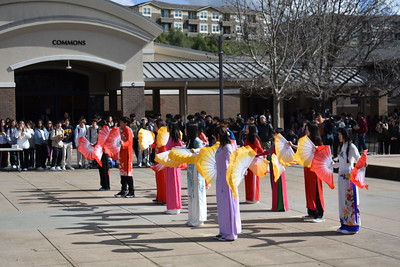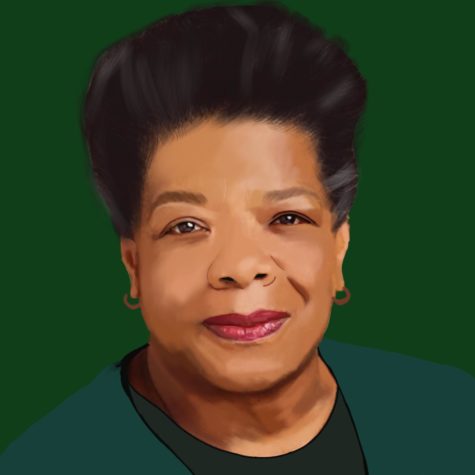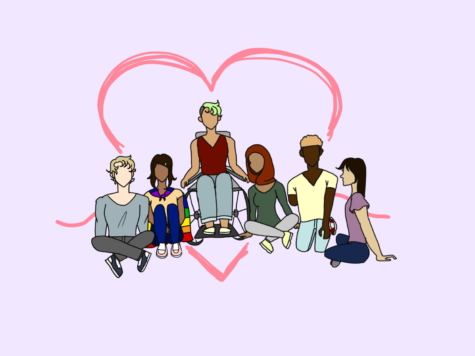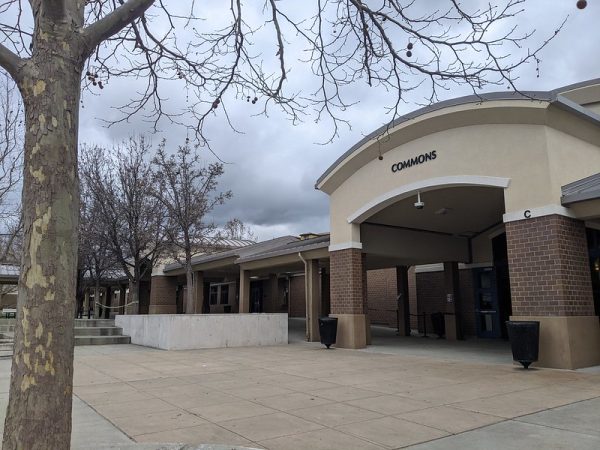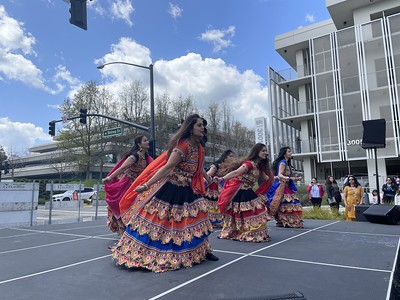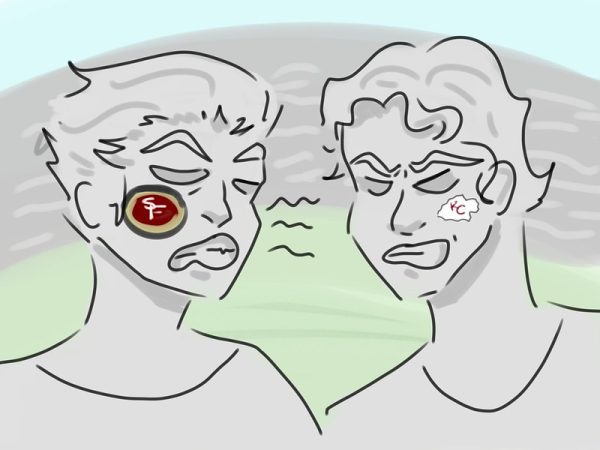Tarte foundation takes a step backwards
Makeup brand Tarte’s new Shape Tape foundation instantly raised controversy and discussion over its limited shade range after its initial release on Jan. 15.
The popular brand is known for its successful and bestselling Shape Tape Concealer, a full coverage concealer with a matte finish. When it was announced that a foundation version of the Shape Tape Concealer was going to be released, makeup lovers worldwide were excited to try it out. But many, especially those with darker skin tones, were instead disappointed when they saw the shade range of the new collection.
“Yeah, when I saw it, I was like where’s the rest of it? I wanted to swipe left to see the rest of the swatches,” stated Zarina Qazi, a freshman with six thousand followers on her makeup Instagram. She continued, “I was going to order at first but then I was like wait, this might not even fit me.”
The foundation came in two different formulas: the matte and hydrating versions, with the shade names ranging from “porcelain” to “light medium honey.” Both versions of the foundation were equally limited in shade range, leading to questions of discrimination and racism.
In addition, the product launch happened to coincide with Martin Luther King Jr. Day, a day celebrating equality and freedom. With a biased shade range, many consumers have considered it to be the opposite of equality.
“Just from the pictures that I saw, it just literally looked like three dark shades,” said Youtuber Jackie Aina in her review video of the foundation, later adding, “So, today I got the PR package and, honestly, it’s worse than you think it is.” Unsurprisingly, none of the shades she received matched her relatively dark skin.
Each formula of the foundation was released with 15 shades, with a total of 30 shades. The shades and shade names vary for each foundation formula. With only 2-3 dark shades per formula, consumers found that the foundation’s shade range seemed to favor the lighter side of the skin tone spectrum. Especially because makeup has become more inclusive, the release of this line seemed to be a backward step in the progress of equality.
James Charles, YouTuber and first male CoverGirl model, expressed frustration with the limited shade range in his review video.
“Literally, the person’s arm who these foundations are swatched on does not even have a shade match for them,” declared Charles in his video.
He wasn’t the only influencer to speak out. Immediately after its launch, beauty influencers worldwide condemned both the foundation and the company behind it. Numerous influencers with large followings, such as Nikkie Tutorials, spoke out on Twitter. Although they did defend their actions at first, Tarte seemed to realize their mistake. They posted a temporary 24 hour apology on their Instagram story after the launch.
“We want to let you know we hear you,” the brand wrote. “You all know by now that we revealed our much anticipated shape tape foundation… & the final shade range that we launched was definitely not a full representation of all of you. It may be too little too late, but we can assure you this was not meant in any kind of malicious way. We all just got caught up in #shapetapenation and seeing your tweets asking for it… “ the apology continued.
Tarte then went on to explain why they ended up releasing such a limited range of foundation shades, ending with a promise to do better next time.
“We wanted to get the product out as fast as possible, and we made the decision to move forward before all the shades were ready to go. We know there is no excuse, & we take full responsibility for launching this way. We lost sight of what’s really important in this industry, & for those who feel alienated in our community, we want to personally apologize. We’re doing everything in our power to bring those unfinished shades to market as fast as we can, at any cost. We CAN and WILL DO BETTER.”
Although it is understandable that the company wasn’t able to finish the formulas for more shades in time for the set release date, the apology still left many unsatisfied.
“If you’re a big company like Tarte you should have come out with all the shades at first,” said Zarina. “Darker skinned people shouldn’t have to wait.”
This definitely isn’t the first time that makeup brands have gone under fire for overlooking skin tones, especially those of black women. Black women spend 80 percent more money on cosmetics than the general consumer. They also spend twice as much money on skincare. When brands choose to release products with limited dark shades, it’s actually a lose-lose situation. The brands are losing out in sales that could have come from the darker shades, and darker skinned women, including black women, are having a hard time finding the right products for them. Even with their high demand for makeup, black women are very much underrepresented in beauty products. But it isn’t just black women that are having trouble. Although she has a medium skin tone, Zarina has also had trouble finding the right shade for herself.
“I’ve had trouble finding the right shade because there’s always like so many light shades and not as many dark shades,” stated Zarina.
However, there has been improvement in the beauty world. The Fenty Beauty collection launch with 40 shades of foundation was a huge turning point in makeup history. Ever since the release, makeup brands have been coming out with more and more inclusive products. Although there still isn’t a shade for everyone, consumers of all different skin tones have found more and more foundations that are very close to their actual skin color.
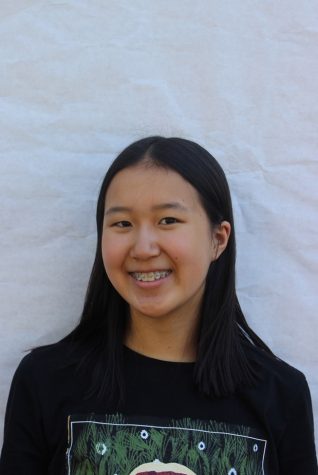
Claire joined the Tribune because she was looking to try something new. She decided on joining the school newspaper because it seemed like it would be an interesting activity. Claire has been on the Tribune...

